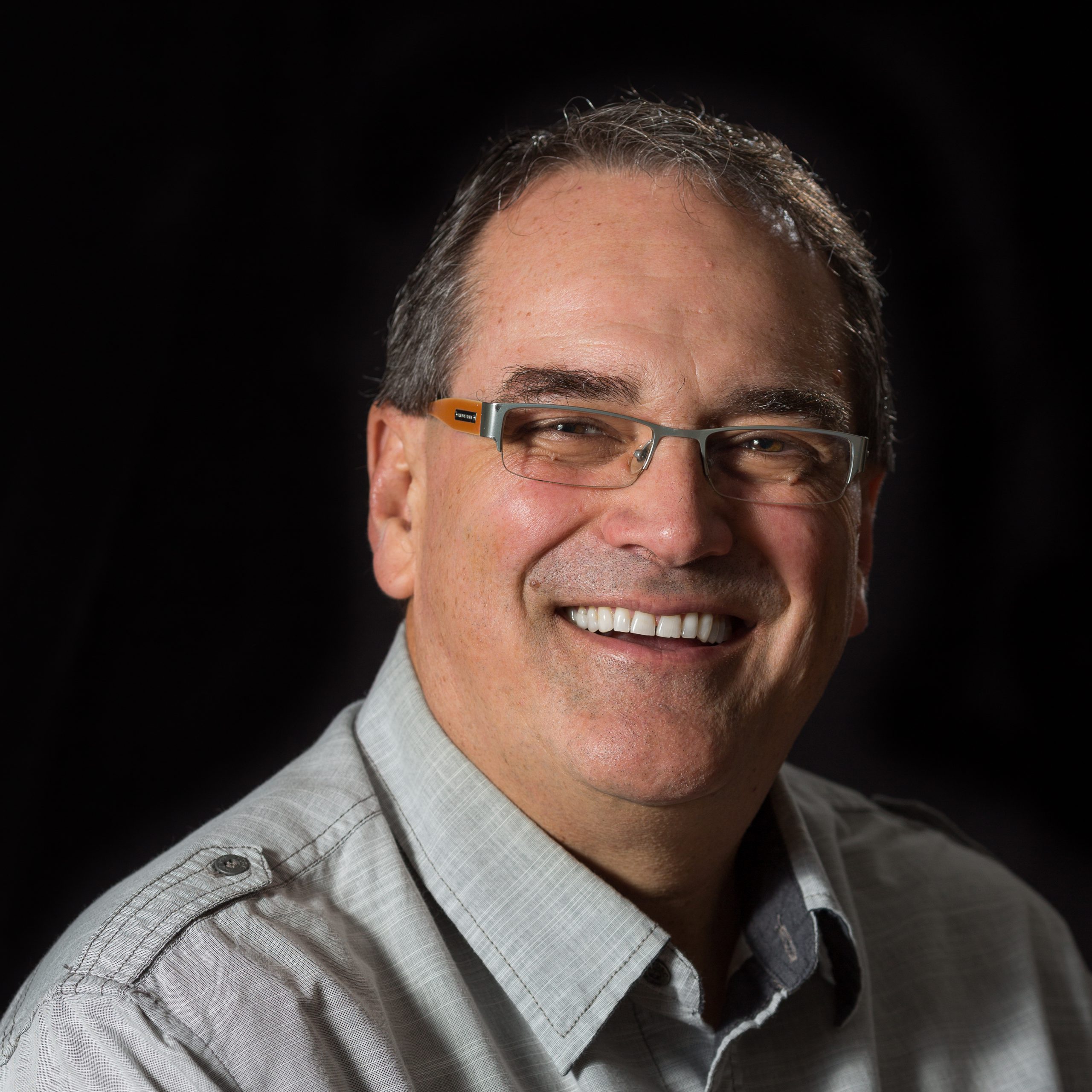The following excerpt is from an upcoming article to be featured by our friends at Missio Alliance. The full article is a part of their Always Reforming series which you can follow here.
It is no secret that the church in the US is in decline across all denominational lines. For over a decade many researchers have been publishing their findings that as many as eighty-five percent of American churches are stalled and declining.
While some have suggested that we need to alter our theology to fit the times, I propose that we need to alter our sociology. We have a sociological problem more than a theological one. My proposal is based on an observation of the Reformation Era’s approach to church, and factors that formed it – especially the sociological ones.
The Protest
Paul Alexander says that the Western Church has been in protest for so long that we no longer remember what we were protesting. While some have pointed to the indulgences of the Catholic Church as the cause for the protest, I believe the reason was far deeper.
By the sixteenth century, the Church had reduced the path of salvation down to the partaking of the Eucharist as the only means of receiving grace. Beyond that, it gave enormous power to church leaders. If a priest felt that a communicant had committed a heinous sin, they could refuse that person from coming to the communion table for a season, and force that person to live in the fearsome position of not being “under grace” until the priest decided to let them back to the communion table.
Such was the spirituality that was common when Luther entered the monastery.
The Birth of the Proclamation Church
The protestant church was born in the wake of the knowledge value of the enlightenment, the distortion of the Catholic priests, the pervasive church-attendance culture of Europe, and the Gutenberg press. The Protest leaders seized on a new and different purpose altogether for church gatherings. The message of the protest was that each one could be their own priest, and no longer beholden to earthly priests. Correspondently, protestant gatherings were designed to teach the Christian congregations how to rightly divide the scriptures, now that each Christian was to be the priest of their own homes.
The protestant pastor’s primary role was to stand before the group and teach scripture. So, on Sunday’s believers would walk into a room with the chairs facing forward to better see and learn from their pastor how to study the word of God. A new sociological construct of church gatherings was born.
What Comes After the Proclamation Church?
There is a reason the proclamation-event church that the reformers gave us is waning: it does not fit the sociology of people who’ve been raised with secular worldviews. However, there are some very momentous approaches to church arising in this day that are visible to leaders who are paying attention to the front-edge of Christianity.
The Fresh Expressions movement now has over 6,000 different kinds of churches for people that “do not do church.” Their approach directs leaders to incarnate themselves into an under-gospeled people circle that would never walk into a proclamation event, and then find a way to do church for them that fits their sociology while feeling no obligation to align with elements from the Reformation Era.
Similarly, the Dinner Church movement, which technically meets the criteria of a fresh expression church, is now opening up a new church every other day across the Western world. The dinner table theology is drawn from the way church was done during the Apostolic Era, and gathers 25–300 people a night around tables to eat dinner together and talk about Jesus.
We are entering into a new era of the church in which the primary form will be sociologically aligned gatherings that fit a particular under-gospeled social circle. To that end, a growing number of leaders and teams are feeling “sent” by the Spirit to reach a particular people who would never walk into a Sunday morning church.
Like Paul had his unique Macedonian call, so these leaders are hearing their unique calls with their unique gatherings. Though the Reformation Church template might be downshifting, the Church of Jesus has a potent future – because Macedonian calls are happening again.
You can read more from Verlon Fosner here.
For actionable instruction in starting your own Dinner Church, check out The Dinner Church Handbook: A Step-by-Step Recipe for Community Evangelism.


